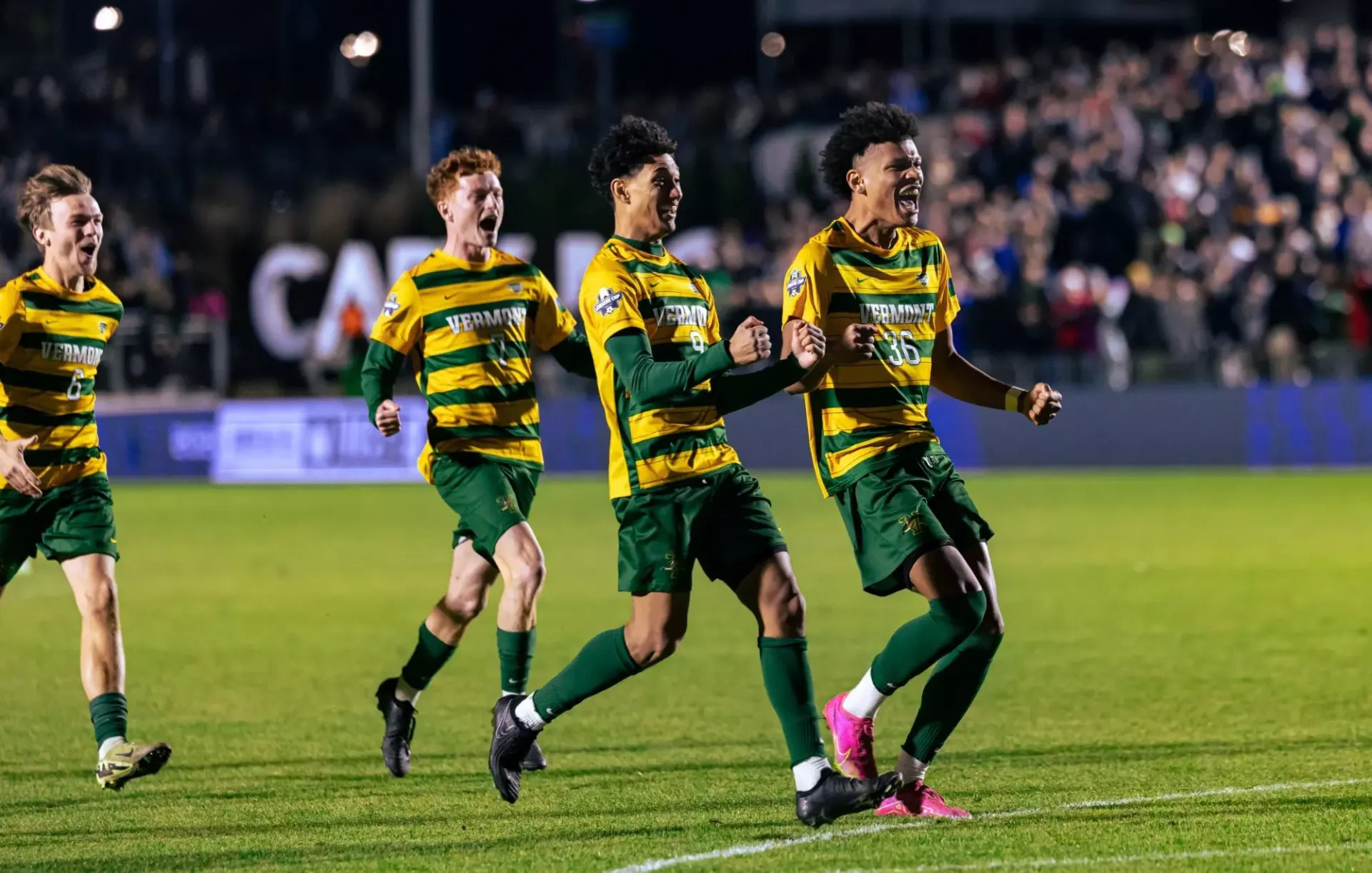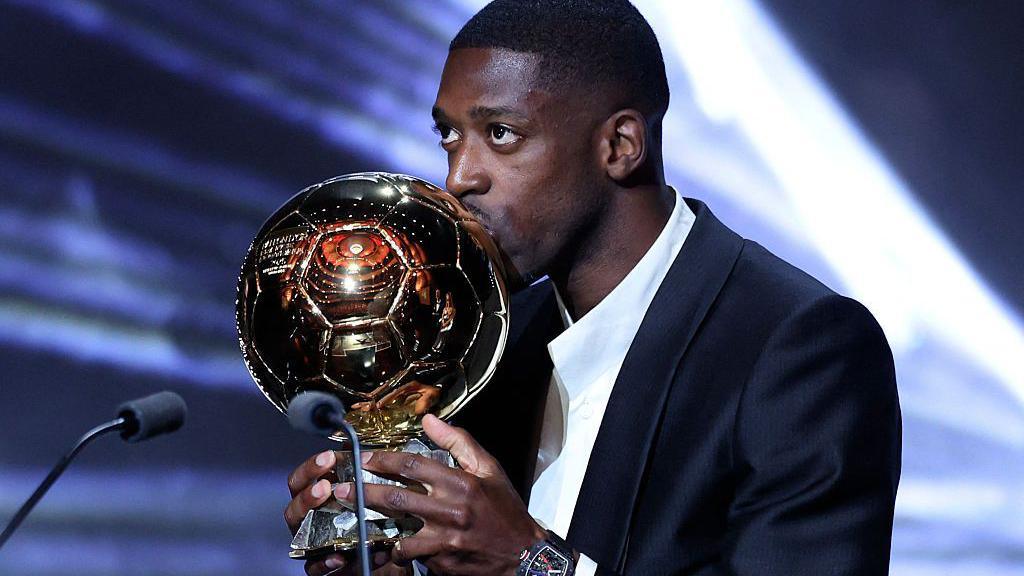The U.S. Soccer Federation released its analysis of men's and women's Division I college soccer last week. Their main argument is clear from the report's title: "Ensuring College Soccer Thrives in the Modern Era of College Athletics and the Changing U.S. Soccer Landscape."
Social Media Has Ended Big Market Teams
It is time to rethink the way we think about sports and marketability. The global popularity of social media has fundamentally changed sports consumption and the idea of market sizes. The phenomenon fueling this belief is LaMelo Ball and what just happened with the NBA All-Star vote.

Before diving into where Ball comes into play, we need a mutual understanding of market sizes and how they infiltrated sports talk.
Historically, market sizes were determined by a city's population and how many people a local broadcast could reach. In the days when media consumption came through television, radio, and newspapers, the idea of small and big markets made perfect sense. Cities like Los Angeles, New York, and Chicago, with highly populated communities, were considered big markets, whereas somewhere like Oklahoma City, with a comparatively tiny population, were considered small markets.
That system eventually made its way to sports, particularly the NBA. Whether discussing likely free-agent destinations, an ideal franchise for the next big star, or which team had more pressure to win a trophy, basketball discussion eventually revolved around market sizes.
And it made sense. The Los Angeles Lakers are considered a big market and historically outperformed their peers in free agent reach, landing the likes of Shaquille O'Neal and LeBron James for free. And even when that was not the case, they often benefited as the desired landing spot for a disgruntled superstar looking to leave his small market team for a franchise that could attract the global attention and free agent talent needed for team and commercial success. Look no further than Kareem Abdul-Jabaar, Anthony Davis, Dwight Howard, and Wilt Chamberlain.

The perfect testing point for the market-size theory is the NBA All-Star game voting, which is essentially a measuring stick for who the most popular players are in the NBA. Historically, the leading vote-getters come from the league's biggest markets, with two exceptions. Either a player won enough to command the attention reserved for a big market, or he boasts an international support base that will clamor to see one of their own succeed. The LeBron James days with the Cleveland Cavaliers were a prime example of this, routinely leading the NBA in All-Star voting despite residing in the NBA's 19th largest market. Giannis Antetokounmpo is another modern example, with the two-time NBA MVP and Greek/Nigerian international routinely earning the most votes of any Eastern Conference star despite residing in Milwaukee, the NBA's 27th-ranked market.
Analyzing the leading vote-getters from every All-Star game since 2000 confirms that theory.
The league's six biggest markets are New York, Los Angeles, Chicago, Philadelphia, Dallas, and Houston. Despite making up just 20% of the teams, those six franchises have accounted for 27 of the 47 players that led the league in All-Star votes since the 1976 NBA/ABA merger. Isolate that to every All-Star game since 2000, and here are the two occasions where a player outside of those six teams who never won an NBA MVP led the NBA All-Star game in voting.

2000-2002, 2004: Vince Carter, Toronto Raptors - Canada does not produce market share information, but as the largest economic hub in the country, we can assume Toronto would likely fall somewhere in the top six for NBA market size.
2009, 2012: Dwight Howard, Orlando Magic - That 2009 season was the same when Howard led the Magic to the NBA Finals, marking the first of three consecutive league Defensive Player of the Year honors.
Well, LaMelo Ball just shattered that model into pieces. The Charlotte Hornets are ranked 21st in NBA market size, making them a traditional 'small market.' So if the 'small market' Hornets currently have the second-worst record in the league and Ball is American-born, how come he earned the most all-star votes of any Eastern Conference guard for the 2025 All-Star game? His 2.4 million votes were 800 thousand more than the 1.6 million votes Jalen Brunson earned for the 'Big Market' New York Knicks, who have the 5th best record in the NBA.
The answer lies on your phone. Specifically, Twitter and Instagram. Two platforms that have fundamentally reshaped sports consumption on a global scale by removing the barriers that once existed. Whether a kid is in Juneau, Alaska, or Miami, Florida, he is just as likely to see Ball's latest highlight reel play as someone in Charlotte.
LaMelo, what’s your problem? pic.twitter.com/OSLrWkb14x
— MeloHive 🛸💕 (@Meloleague) February 8, 2025
So. what does that mean longterm? Big markets still exist without a doubt, but the idea of a small market is non-existent now. Anyone can be a star anywhere, regardless of whether you win or not, as long as you play an entertaining brand of basketball. That is great news for the marketability of a league struggling with ratings, as more avenues to stardom theoretically mean more stars to command public attention. And if the players recognize this shift sooner rather than later, it might mean we are heading for a golden age of basketball parity where stars are on contending teams spread through the entire league rather than a few big markets.
Latest posts in our blog
Be the first to read what's new!
It is extremely rare for sports fans to agree on anything, especially in 2025. In this day and age, sports discourse is often characterized by hyperbole, where judgments and extreme opinions are made swiftly. If a new player has one bad game or a slow start at a new club, they are quickly labeled a flop, waste, or garbage. If...
From a financial point of view, Caitlin Clark is becoming the most impactful athlete of the 21st century. The 23-year-old basketball star has redefined how popular women's sports can be and, most importantly, the revenue it can command.
The NBA SHOULD Rig the Draft Lottery
It is no secret that the NBA has a ratings issue, with viewership down across the board as the league loses further ground to the NFL. I am here with the answer, embracing the art of manufacturing storylines to gain mass public interest.




